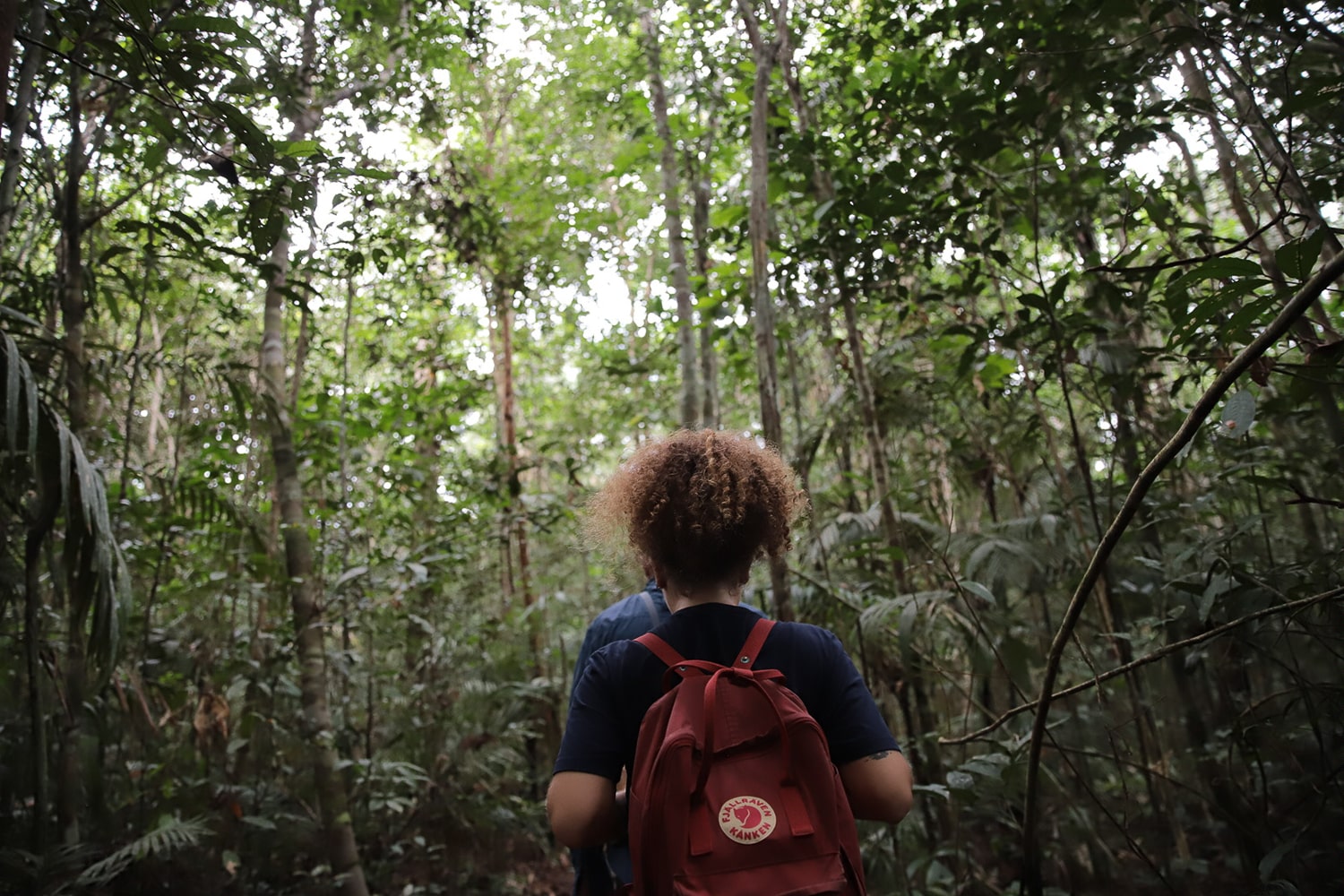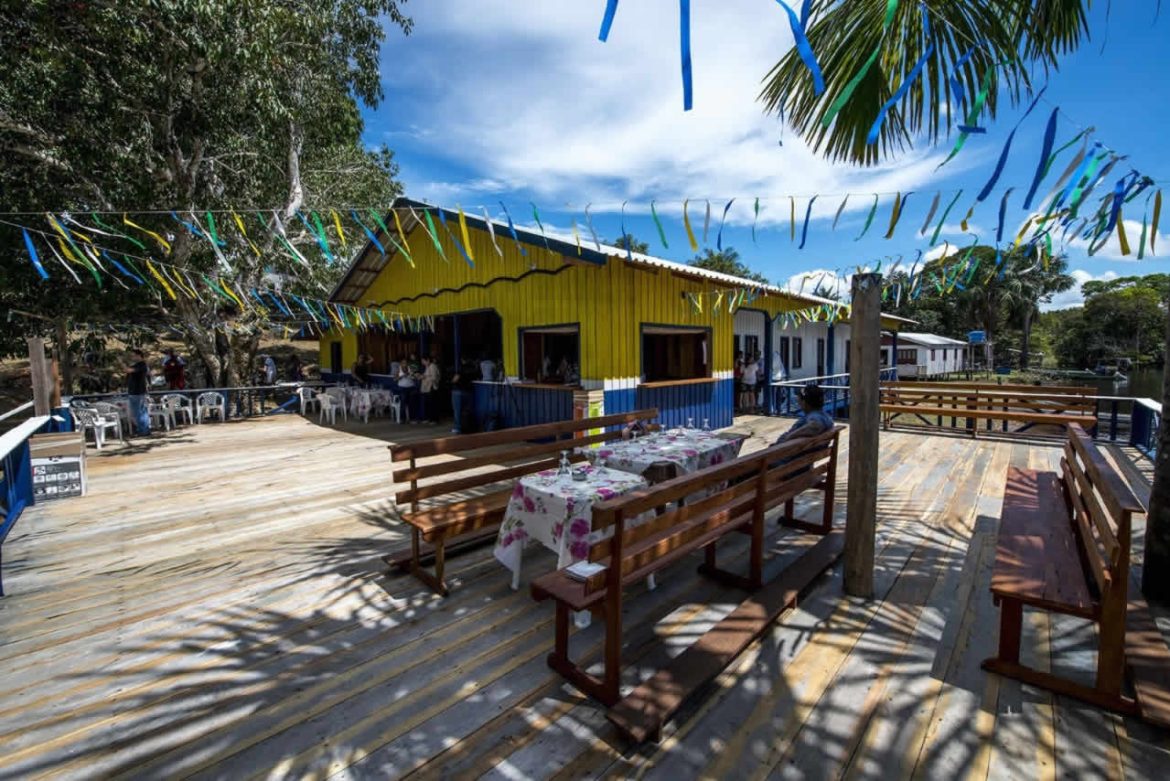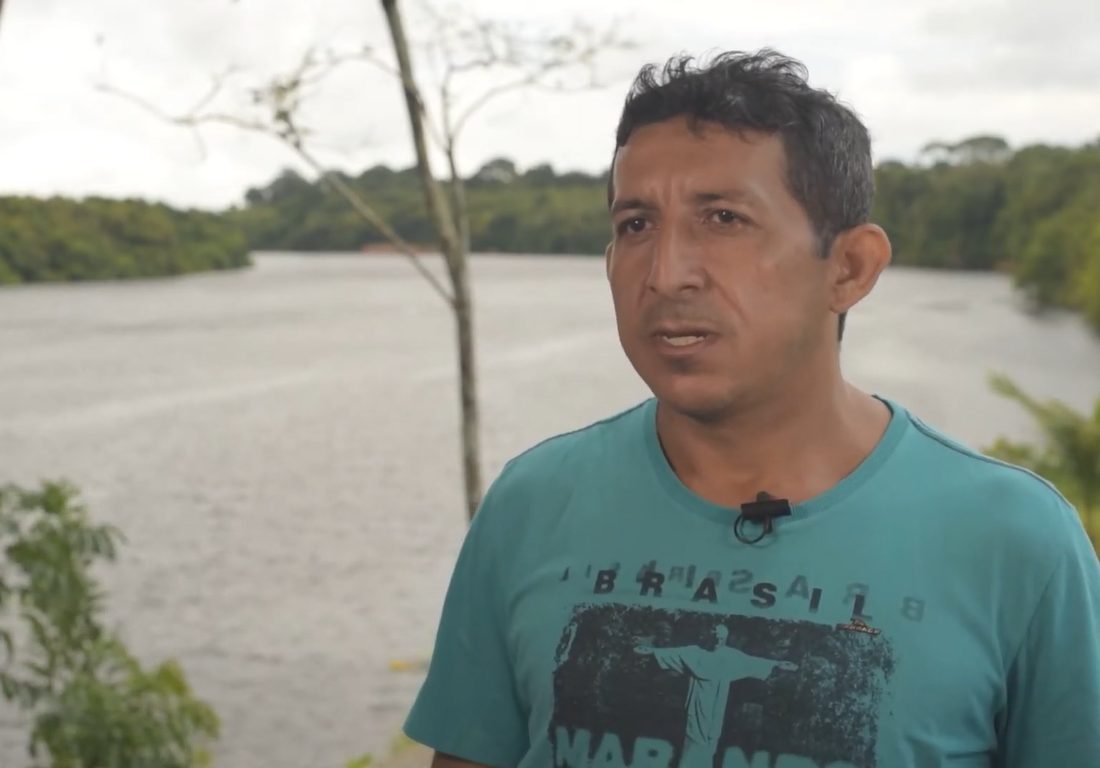Sustainable tourism initiatives (ecotourism and sport fishing) in the Amazon that are supported by FAS had total revenues of R$ 15 million in 6 years (2017-2022)
Gigantic in size and importance to the planet, the Amazon is one of the most incredible destinations that most of humanity does not really know. Visiting the world’s largest rainforest requires a good deal of research, planning, and above all, sensitivity in making tourism choices that are not harmful to the environment and prioritize genuine experiences with local cultures.

Photo credit: Samara Souza
Progressively, travelers are becoming aware and opting for sustainable and community-based tourism. The Amazon region, in turn, has been preparing for years for the national and foreign demand and is already reaping the economic and environmental gains of this strategy. With the support of FAS, sustainable tourism initiatives had revenues exceeding R$ 15 million. The data are from 2017 to 2022 and correspond to the work of 24 small tourism businesses managed by families and associations in communities that receive support, training and technical assistance from FAS.

Photo credit: Alex Pazuello
The foundation accompanies the community entrepreneurs since the initial conception and the construction of the management model and connects them to credit lines for financing the activities and to partners that can help the companies to develop and find their audience. The manager of FAS’ Entrepreneurship and Sustainable Business Program in the Amazon (PENSA), Wildney Mourão, explains that:
“(The institution) developed an entrepreneurial training program, business management, development of tourism products, credit actions, and market access. We also work on the development of the part that involves marketing, commercialization, and articulation with tourism agencies and operators. Our goal is to make it possible for entrepreneurs to mature more and more in the tourist activity and to have more innovative services with added value”, he explains.
Foundation for Amazon Sustainability encourages the practice of ecological tourism in the Amazon
With solid income and growing demand, sustainable tourism strengthens the territories and presents alternatives to practices harmful to nature, such as illegal logging and large-scale predatory fishing. In its place, activities such as crafts and sport fishing associated with tourism generate income that stays in the community and helps the conservation of fish species in the region.

Photo credit: Rodolfo Pongelupe
“We are pioneers in the implementation of 100% fly fishing. Years ago, when we started, there were no inns in this region and we came with this proposal to the community to start this partnership and develop conscious, healthy tourism that could preserve our tucunaré”.
João Paulo da Silva, entrepreneur of the Eco Fishing Lodge, in the Sustainable Development Reserve (RDS) Uatumã, a venture assisted by FAS
“A fisherman pays an average of R$4,000 to R$5,000 to experience a week in the Uatumã RDS, for example. It is an activity that leaves good profitability with very low environmental impact, because sport fishing is for leisure and recreation, not for consumption,” says Wildney Mourão.
The sustainable tourism developed in the surrounding communities, rivers, and forests is not only profitable for those who work directly in the sector. A chain of ancillary activities, from transportation to handicrafts and food, is moved, strengthening the local economy.
“My uncle’s wife, who is retired, doesn’t work at the pousada, but she sells gum for the pousada, sells rustic chicken, flour. When she has cassava, she sells it too”, says Oziana Mendonça, resident and tourism entrepreneur in the Santa Helena community, on the banks of the Negro River, in the Amazon. “So she also benefits from the pousada. She doesn’t work here with us, but she earns.
Read the booklet “Community-Based Tourism”, which gathers experiences and guidelines for the development of community-organized tourism in the Amazon:

